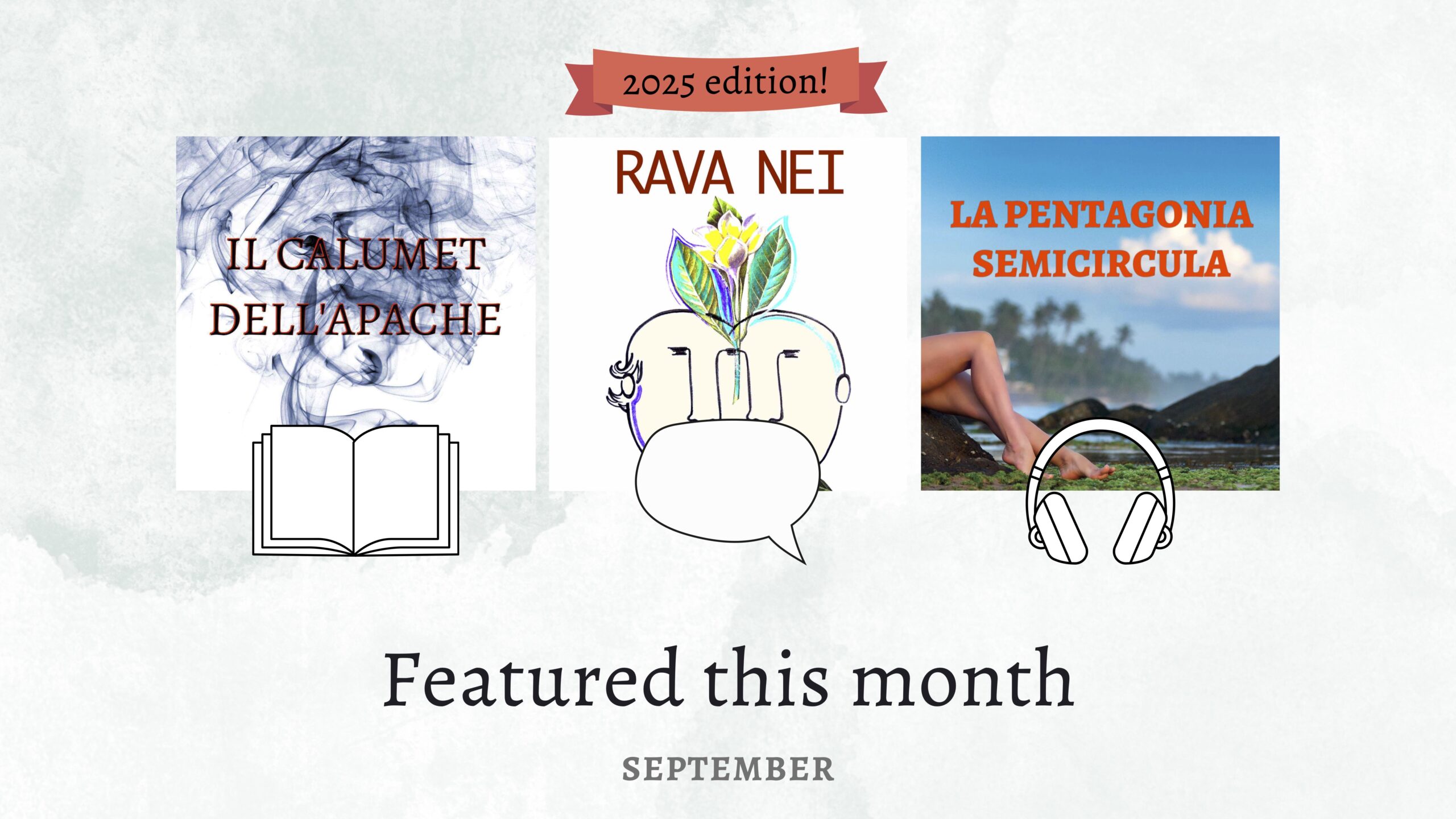In the beginning was the Word
At first glance, Evalyn Everton might seem like just another novella. Newly published (14 June 2021), it brings a breath of fresh air with its Mediterranean setting and a female character who discovers herself through a single day of love.
However, on a second re-reading, we realise that the novella is steeped in biblical references and the romantic affair actually conceals a deeper theme: that of words. The mysterious stranger who seduces Evalyn in a cave (womb and female sex, origin of all things) seems more like a voice than a body. The act itself is not described, as if Evalyn is never actually touched, but only touched by the stranger’s word. A stranger who, as we soon learn, wants only one thing from her: a son.
The meaning of the novel (the Word)
In this reading key, the whole affair takes on darker and deeper traits and makes the logos its key element. The Word, as it is written in the first verse of John’s Gospel, from the beginning was. In Greek, the imperfect ev perfectly expresses that concept of eternity that goes with the logos: not only word, but also and above all intelligent, conscious, creative word. From the Word, which is eternal, outside of time, all things are thus born. The Word is to all intents and purposes the beginning of all things.
Murderio’s incredible mastery in formulating sentences that fully respect the consecutio temporum is often repeated in the novella. In particular, the proper use of the subjunctive and the conditional is somehow compared with the use of the aorist and the octative, tenses and modes of the Greek verb with which his [Murderio’s] ancestor modulated the flesh. While the conditional and the octative represent desire and its final release, it is the aorist that characterises the action caught in the moment in which it takes place, regardless of its duration. It is the indeterminate tense par excellence, as its very name suggests, composed of alpha privative and the verb orizo, ‘to determine’.
Verb tenses
And the subjunctive? This verbal mode, little loved by Italians and now almost of ancient flavour, gathers within itself the missing element of this sensual consecutio: subjectivity. Where the aorist expresses the punctual action fixed in time and the conditional or the octative the desire, the subjunctive gives life and form to the whole verb, bringing the individual dimension of the action to the fore. And, as per its name, it connects the rest, inserting a nuance of doubt, uncertainty, but also of possibility, of will.
It is here that the circle closes: the verb can become flesh. The word, then, elusive par excellence, can finally also take a physical form, become.
“For everything we do there is a proper way and a time that corresponds to it. […] The very close conjunction between two human beings can only take place on condition that they occupy in space, and therefore in time, the same hour angle and the same declination, i.e. the same longitude and the same latitude.”
If in the beginning was the Word, who then is Murderio? An Alter Christus… or an Alter Diabulus?
We leave the final judgement to the readers!





